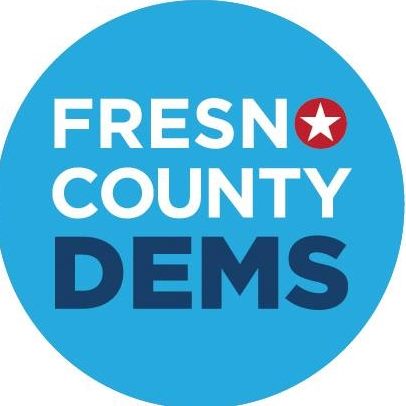
The Gang That Cannot Shoot Straight Strikes (Out) Again on International Trade
“It doesn’t seem like anything was actually agreed to at the dinner and White House officials are twisting themselves into pretzels to reconcile Trump’s tweets (which seem if not completely fabricated then grossly exaggerated) with reality,” or so declared Carl Qintanilla in JP Morgan Notes about the 90-day truce in the U.S.-China trade war Trump and Xi arranged over their dinner at the Buenos Aires G-20 Summit.
Financial markets have issued a similar acid verdict on the President’s latest trade diplomacy, with the Dow plunging nearly 800 points, or 3.2%, two days after the deal was concluded. The Dow and the Nasdaq have since fluctuated wildly, and one major factor in this instability is market uncertainty regarding future developments in trade with China.
Markets are right to be rattled. The episode in Buenos Aires provides yet more proof, as if it were needed, that when it comes to trade, Trump and his economic team are the gang that can’t shoot straight. This crew could not be in sync on even the basic matter of when the 90-day time line for China to make “structural changes” on intellectual property protections, forced technology transfer and other issues was to start.
National Economic Council Director Lawrence Kudlow initially put that at Jan. 1, only to have the White House correct him shortly afterward to say that starting date was actually Dec. 1. The President engaged in his usual flair for exaggeration in describing his accomplishments in summit negotiations, claiming on Twitter that China had agreed to remove tariffs on American cars coming into China and immediately start buying large quantities of U.S. farm products.
Kudlow quickly dialed back expectations regarding autos, telling reporters following the Trump-Xi meeting, “We don’t have a specific agreement on that,” apparently contradicting Trump’s tweet on this matter. He then airily declared, “But I will just tell you, as an involved participant, we expect those tariffs to go to zero,” even though auto tariffs were not mentioned in the U.S.-China statement issued after the Trump-Xi dinner meeting.
As the old adage goes, “The fish rots from the head,” and this certainly applies to Trump administration trade diplomacy. Directing it is a President who wears his lack of basic literacy about international economic on his sleeve.
In his latest Wall Street Journal interview on Nov. 26, Trump mixed up tariffs, which are a sales tax imposed on imported goods, with interest rates, which are the extra money individuals owe when taking out a loan. Trump repeated this claim, even after Wall Street Journal reporter Bob Davis noted the error. In the same interview, while discussing his steel tariffs, the President invoked phantom steel plants as he played up the steel and aluminum duties.
And Trump keeps insisting that when the U.S. runs trade deficits with China, it is giving money to the Chinese, as opposed to purchasing and getting products, which in most cases would not make sense to produce domestically. Moreover, much of the money China obtains from running a trade surplus with the United States is recycled back to us in the form of lending to our government when China purchases T-bills and the like, thereby helping to finance American fiscal profligacy.
For the latest round of trade negotiations with China, Trump has sidelined Treasury Secretary Steven Mnuchin, who no longer has much credibility in Beijing following his inability to keep the deal Vice Premier Liu He thought they struck back in May. Trade hardliner Robert Lighthizer will be leading the U.S. team instead.
Surprisingly, some on the Chinese side seem happy with this choice, despite Lighthizer’s credentials as an incredibly competent trade hawk and negotiator. In taking on this chore, however, he has embarked on mission impossible.
The basic problem is that China and the United States have different understandings of the Trump-Xi dinner deal. While the Trump administration foresees swift progress in lowering the China-U.S. bilateral trade deficit, Chinese state media vaguely talks about a “gradual” reduction. The same applies to White House claims that China will purchase “very substantial” quantities of American farm, energy and industrial exports.
As was noted earlier, the President casually asserted that China was eliminating tariffs on imported American cars, even though nothing of the sort was said in the joint communique issued in Buenos Aires (under World Trade Organization [WTO] rules, if China did that, it would have to do the same for motor vehicles exported from other countries).
In intellectual property (IP), the Trump administration believes that China will immediately negotiate forced technology transfer and strengthen IP protection. The Chinese have said the two countries will merely work together to reach a consensus on such matters, however. None of this bodes well for the success of the upcoming negotiations.
In sum, the can has merely been kicked down road, with the Sino-American trade war likely to heat up again in 90 days. As with practically everything Trump has done with respect to policy-making, this is shaping up to be a first-class train wreck.



